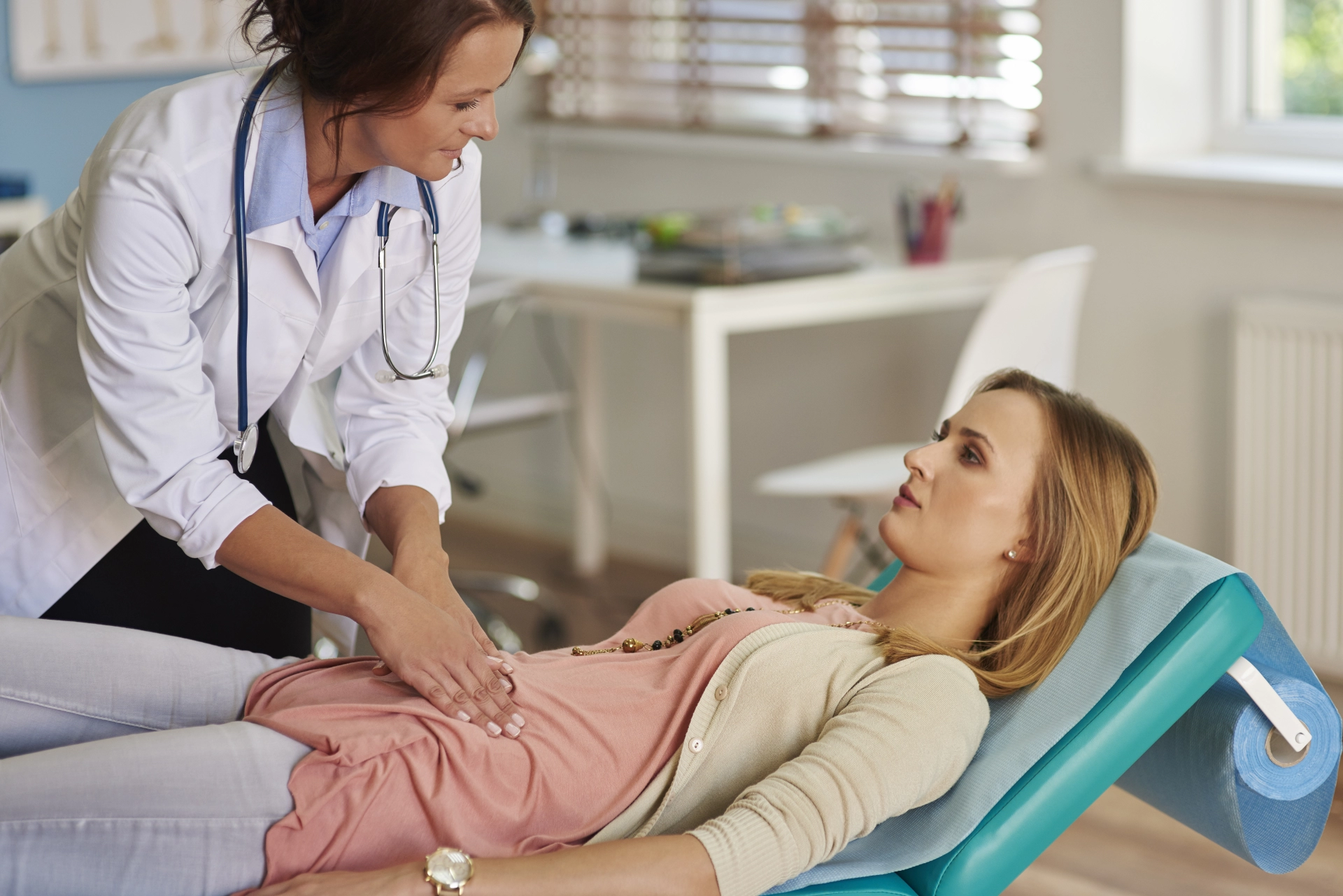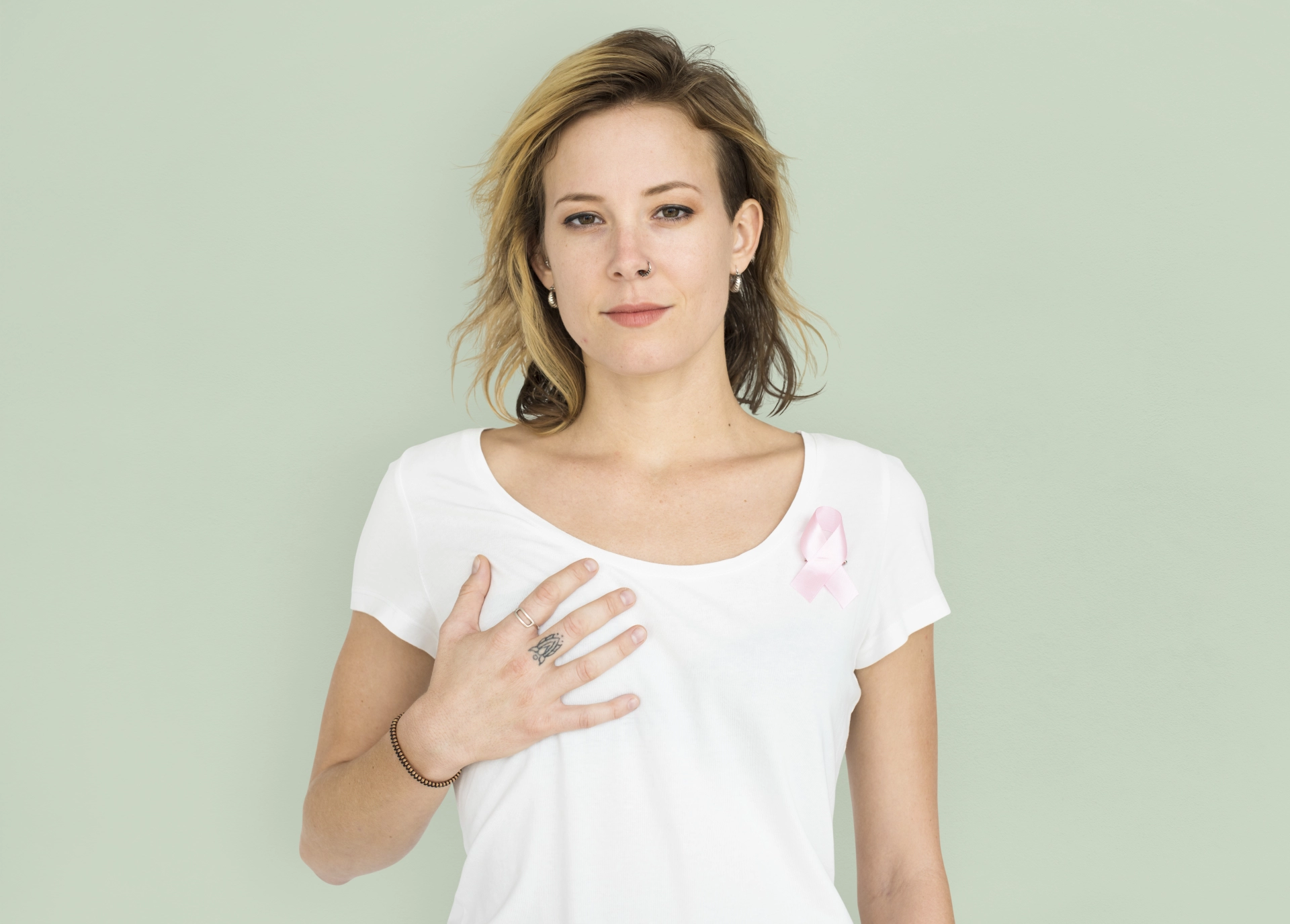Women's health is not just the absence of diseases; it includes physical, hormonal, psychological, and sexual well-being. Daily preventive and mindful habits can significantly enhance the quality of life, providing energy, self-confidence, and harmonious relationships with one's body.
Below are 10 essential pillars of women's healthy life that are scientifically backed and easy to incorporate into daily routines:
1. Regular Gynecological Visits
At least once a year, it is recommended to undergo a gynecological exam, Pap test, and, if necessary, a vaginal ultrasound. This approach allows early detection of inflammatory, infectious, or hormonal changes, which often develop without noticeable symptoms. Early diagnosis is one of the most effective preventive measures.
2. Sensitive Monitoring of the Cycle
Keeping a cycle calendar helps in understanding the dynamics of hormonal balance. It is important to note:
• Cycle duration,
• Nature of blood discharge,
• Presence of pain,
• Changes in mood.
This information facilitates both self-monitoring and cooperation with a doctor, ensuring a more accurate approach.
3. Balanced Diet and Sufficient Iron
Diet plays a key role in regulating a woman's hormonal system.
It is essential to increase the intake of:
• Proteins (fish, poultry, legumes),
• Green vegetables,
• Foods rich in B vitamins.
Iron deficiency is a common issue for women, so attention should also be given to iron-rich foods such as meat and leafy vegetables. At the same time, it's advisable to limit excessive sugar and caffeine, which can disrupt the natural hormonal cycle.
4. Hydration
At least 1.5–2 liters of water per day is the minimum required to:
• Reduce the risk of urinary infections,
• Improve skin elasticity,
• Boost recovery processes.
Dehydration can also affect energy levels and concentration.
5. Movement and Circulation Stimulation
Walking, yoga, pilates, or light aerobic exercises promote better circulation in the pelvic area. This, in turn, supports hormonal balance, reproductive health, and overall vitality. Systematic but moderate physical activity also helps reduce stress accumulation.
6. Quality Sleep
Sleep deprivation disrupts estrogen and progesterone levels while increasing the effect of stress hormones.
For women, it is especially important to have:
• 7–9 hours of restful sleep,
• Regular sleep patterns,
• Reduced screen time before bed.
Good sleep is a cornerstone of hormonal balance and mental stability.
7. Mental Peace
Stress can interfere with the menstrual cycle, affect fertility, and impact the thyroid gland. Helpful practices include:
• Meditation,
• Breathing techniques,
• Self-care rituals,
• Social support.
Mental health is an integral part of a woman’s overall health.
8. Mindful Preservation of Sexual Health
Sexual health includes not only safe sexual behavior but also a mindful attitude toward one’s body. It is important to:
• Use reliable protective methods,
• Maintain proper hygiene,
• Have open and healthy communication with a partner,
• Avoid self-medication.
Regular check-ups help monitor any changes.
9. Vigilance toward Hormonal Changes
A woman’s life is divided into phases: adolescence, reproductive years, pregnancy, childbirth, breastfeeding, and perimenopause. Each stage has its own requirements, and it is essential to consult a specialist not only for problems but also for general awareness and support.
10. Love for Womanhood
Health is not just about the state of the body, but also the attitude toward oneself. A woman’s identity becomes more complete when she learns to love her body, accept her cyclical nature, and value both her strength and gentleness.
Womanhood begins with health, and health begins with care and awareness.






